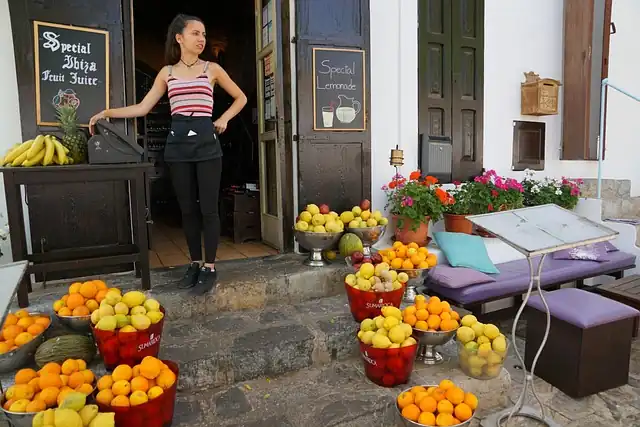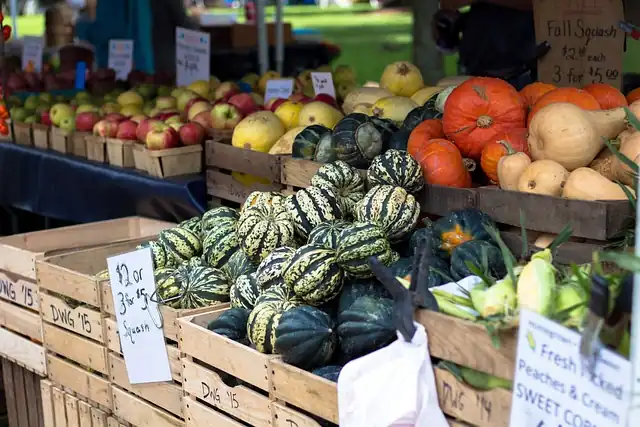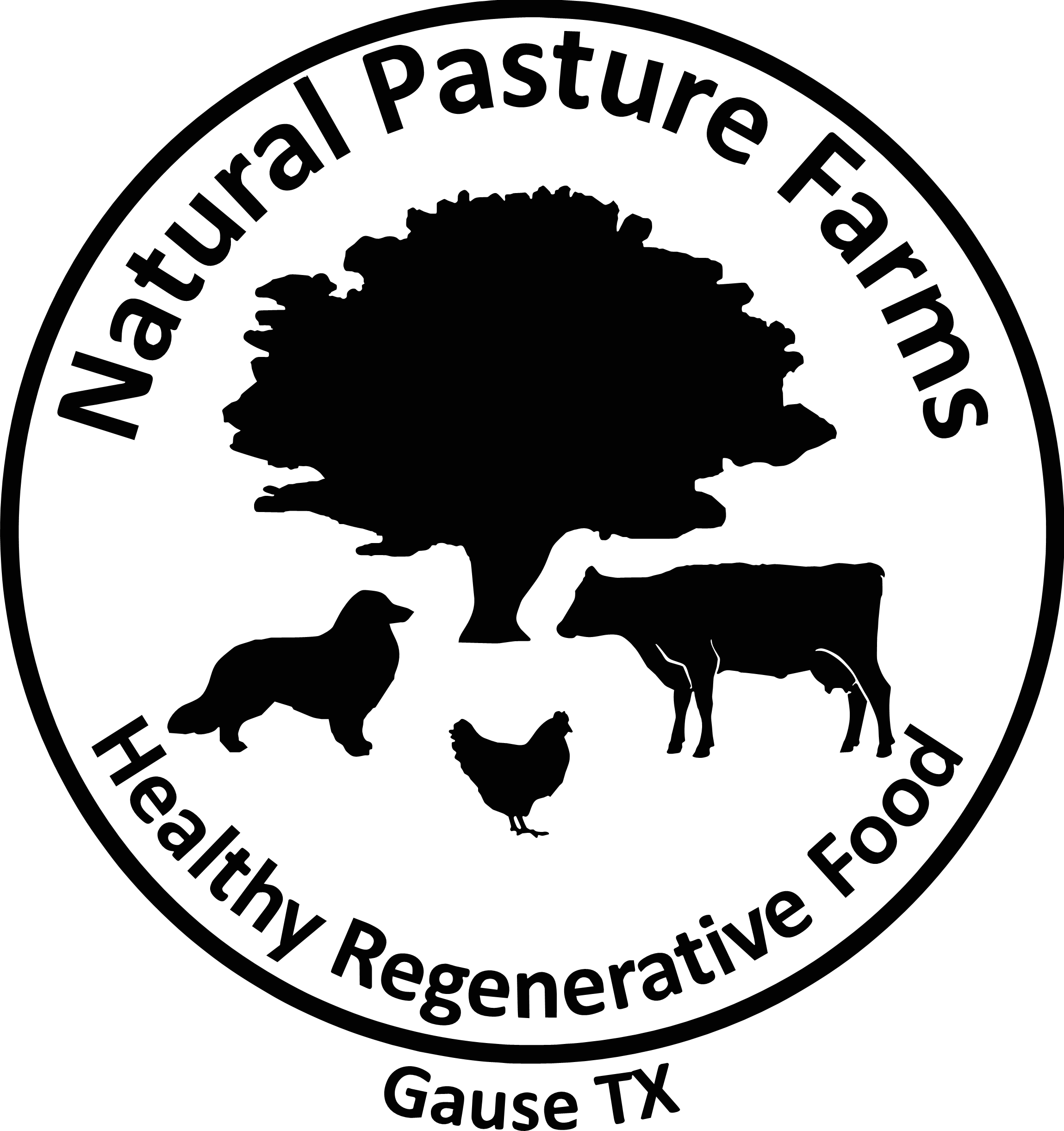Food Transparency
People have lost touch with where their food comes from and how it’s produced. We want to change that; one meal at a time.
I. Seeking the Truth
There is a building lack of trust in our food system, even the NIH admits it. Many of us are becoming aware of the lack of transparency and use of deception around the growing, packaging and processing of our food. This in conjunction with the obesity, chronic illness and mental health epidemics had led many to question the link between the way our food system is operating and many of our health, societal and environmental issues.

II. What Can be Done
While there are legal and pollical routes which need to be perused to enact change, those methods are generally slow and laborious. As an individual there are local solutions which can be implemented and can make a big difference in your and your families’ health along with reducing your environmental and socio-cultural impacts.
Purchasing Whole Foods
Much of the deception game that is played within the food industry comes from the processed food category. The addition of food colorings, preservatives, fillers and other chemical sounding names which can be found on food labels is a major issue when it comes to food transparency and nutrition. When we purchase these foods we are hurting ourselves as well as others by promoting the demand of these products.

Buying Organic
While organic certification is not the end all be all solution, it is a step in the right direction towards addressing food quality. Buying organic products helps to reduce the toxic burden to your body imposed by the foods you are consuming. It also helps to steer consumer demand which will drive a less environmentally destructive agricultural production model. You can take this a step further by buying from farmers who go above and beyond the organic standard. To learn more about how we do this at Natural Pasture Farms read our Beyond-Organic page.
Shop Local Businesses
Buying from local businesses is key to food transparency. Whether it be from a local bakery or a locally-owned grocery store. If the business is part of the community it has a major stake in supporting the local consumers and can be held accountable if it does not operate with open doors. They will be honest in where they are obtaining their products as their success relies on providing local, high-quality foods which are not available at the local big box store.
Farmers Markets
You can go right to the source and ask your local farmer about the food they sell. If your happy with the way they are producing their products, buy from them! This can be an amazing way to get clean food and support a local business. Some good questions to ask your local farmer are:
- What kind of feed is used?
- Are they fed grain?
- What chemicals do you use to treat pests?
- What kind of fertilizer do you use?
- Do you deworm?
- When and how do you use antibiotics?
- Do you use GMO seed?
- Where do you get your compost?
- Do you use fly sprays?
- Are your animals born on the farm?
- Do you rotate your animals?
To find a farmers market near you, you can do a simple google search or use a site such as Local Harvest. Make sure and find one that is a farmer-based market as apposed to a artisan-based one if your goal is to locate a large group of local farms.

Farm Tours
One of the best ways to promote food transparency is to see it for yourself. Large corporate farms will generally not let just show up and tour their place, but most small local farms will gladly show you around. If they won’t this should be a huge red flag. Be prepared to ask questions about how they produce their crops or raise their animals. If you would like to tour our farm fill out the form on our contact page.
Homesteading
This is by far one of the best ways to promote food transparency. If you grow the food yourself you will undoubtably know way more about where your food comes from. But in reality, all of the inputs that you need cannot be found on your land, at least not without great hardship. So make sure and follow the same principles as listed above when sourcing materials for your garden, animal operation or homestead.
III. Conclusion
We need to make our food system more transparent. While the ways mentioned above are great for ensuring you know where your food comes from, it is not an exhaustive list. The key is to get away from the modern industrialized food system and move towards local or self-produced food.
